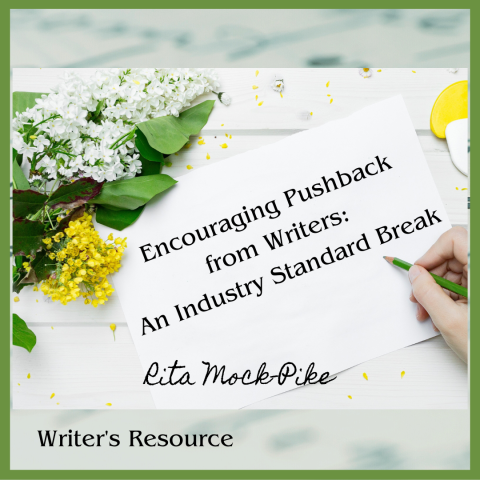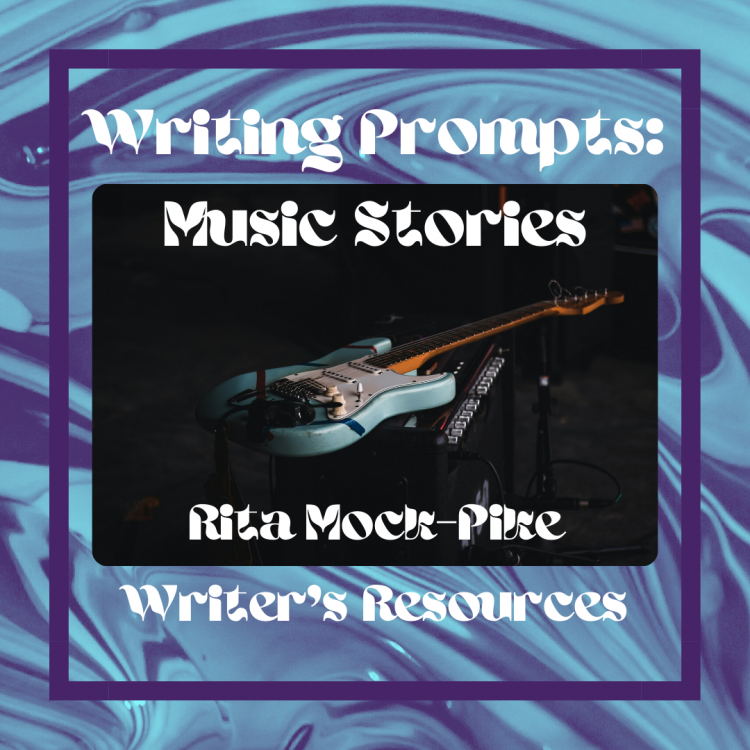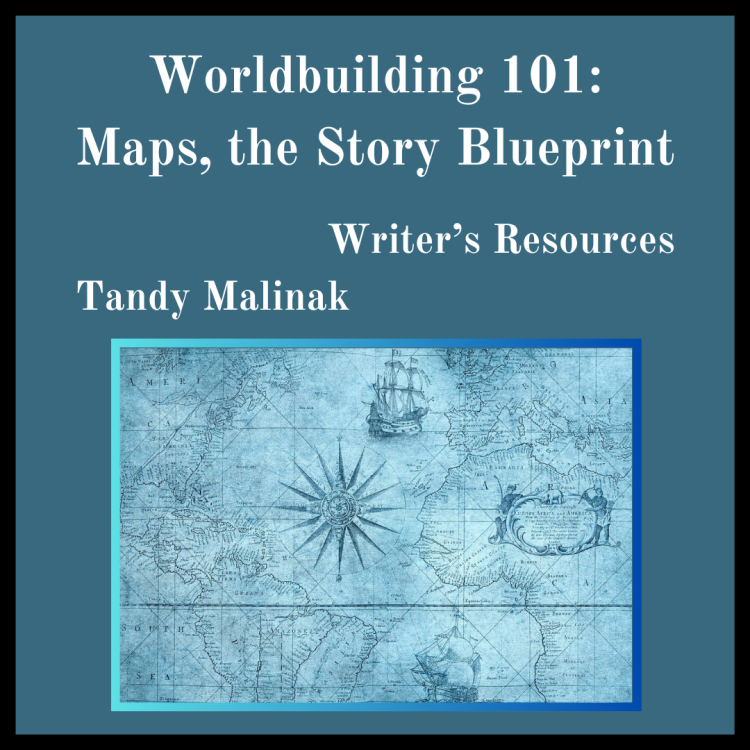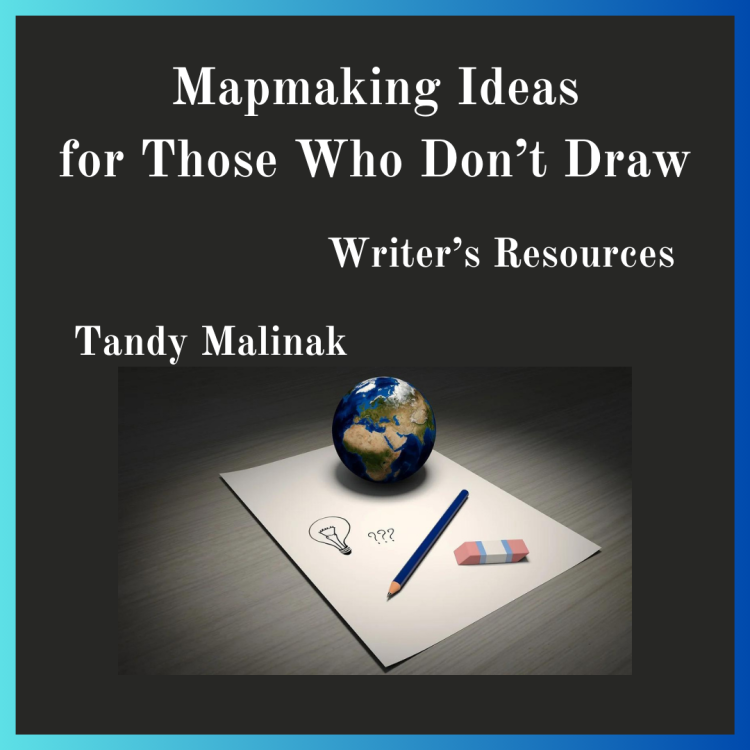Encouraging Pushback from Writers: An Industry Standard Break

Image created onCanva
The little babies, the words we’ve birthed, these pieces of our souls. It’s hard to expose these precious tots to the scrutinizing glare of the wicked ones. I’ve been one of the wicked ones for years now – and still I have apprehension when my thought-child trips into the arms of another.
I am an editor. I announce this loudly and delightfully. I love editing! (Other people’s work, at least.) And most of the time, I even enjoy being edited. Technically, I should say ‘having my work edited.’ But fellow writers, I know you feel this: it’s you under the red pen, not “just” your words.
At the MockingOwl Roost, we edit somewhere between 500 and 1,000 pieces every year. A lot of virtual red ink flows through the keyboards to our screens. Some of it seems to be the red fluid of the body, seeping out through our sometimes-weary souls.
This year, we have found ourselves with a unique calling we’d not thought of prior. You can read more about this in an earlier essay I wrote on the topic of sabbatical and breaking industry standards. Our newly discovered position is that of breaking those industry standards after careful examination and discernment. Which is helpful? Which is not?
A lot of the standards have come about for the health of the editors, the writers, or the deadlines necessary for timely publication. However, many of them have been unintentionally (or intentionally) instituted to suppress and oppress creatives, targeting certain individuals more than others.
Slaughtering these evil standards has become my new goal. (I really have no word but “evil” for racism, sexism, and other forms of bigotry. That’s what these are, whether you believe in traditional “evil and good” or not.)
One of the standards I have run across many times myself as a writer and journalist has been that of punishing writers for speaking their minds and expressing their voices. I can think of many times a professor, a fellow journalist, or writer’s club member has mentioned being suppressed at the hands of their editor(s). The editor holds all the power.
Specifically, I think of a story I heard from a theology professor who shared about his editor being fired by a major Christian magazine for sourcing theological works from women (gasp!) for an article on topics in which they were top experts.
Dangers lurk within the editing world, for those who dare pushback on their editors’ notes: termination, ostracization, even blatant harassment (both sexual and otherwise) have occurred. I do not take my role as an editor lightly, particularly in this light. Nor do I take this industry standard lightly.
The more I have worked with the other editors at the MockingOwl Roost, however, the more this breaking from the industry standard has deepened my love of the Roost. The editors here not only welcome pushback but we encourage it.
This has particularly been clear with one editor (who also happens to be my best friend – and yes, we’re still best friends and love working together!). She and I wrestle through texts to get to the right balance of the author’s voice and the audience’s need to “get” it.
She has some unique phrasing that is colloquial to her family only, for example. And, at times, I get to my point in a rather roundabout way.
As we have worked together, pushing back and forth until we find the right place for each piece, my writing has improved. Her writing has improved. My editing (I hope at least!) has improved. As has hers.
I know that not all of our writers understand this – and often, we face the challenge of having writers come back to us after editing is completed to say they are uncomfortable with a rewrite.
And guess what?
We work with that writer to find that balance – not muting the voice, nor deafening our audience to that voice.
Other times, we’ve had writers so sensitive to editing that they cannot handle the idea of even a comma splice correction. Meltdowns, withdrawals, and broken relationships have followed.
Or, a writer comes to us after we’ve put in much time (sometimes hours) in editing. They tell us “This isn’t what I wanted… I should have spoken up, but I didn’t… I’m sorry. I want to withdraw this piece.” Meaning the editors have wasted time and energy, emotion and care for the piece and never knowing the writer felt stifled, suppressed, or unheard.
And the piece will no longer see the light of the editing tunnel’s end.
We cannot heal past hurts, nor can we counsel anyone through mental, physical, or emotional health crises. But we do understand them. Nearly everyone on our staff has some chronic illness or is a caregiver for those with them, has had significant losses, or had emotional or mental health conditions, been abused, assaulted, or oppressed. We get it.
Nor can we heal what is known as Imposter Syndrome (a feeling that you will never be qualified enough, talented enough, “good enough” in your line of work/creativity). But we can encourage our writers and artists: If we have accepted your works to publish, you have talent and skill.
You also have value – much more than your talent or your skill. You matter.
And this is precisely why we encourage pushback from our creatives at the MockingOwl Roost. Your voice matters – your creativity shines. We’re here to enhance your writing and help build bridges between you and your audience, not change your voice or your writing.
I do not advise all creatives to pushback with every other publication they work with, unfortunately. Some publications aren’t as interested in your well-being and your voice as others.
Some editors delight in your responses, your questions, your concerns. Work with these editors again in the future, if you have the opportunity to. Others may wish to ban you from the publication. You don’t want to work with them anyway.
We should be well past the time when “getting ahead” means destroying yourself, your voice, your dreams, or crushing others as we find publication success. We are not so and it’s not the writer’s fault – it’s the industry standards, egos of the “higher-ups,” and the messed up times in which we live.
Show respect, understand that editing is personal for both you and the editor with which you work (either because the editor cares about you or cares about their reputation), and pushback if it’s safe for you to do so.
Also, know that it is always safe to do so at the MockingOwl Roost.
Need more self-care and breaking from the industry standards? Check out these pieces at the MockingOwl Roost.
- My Symbol of Rest: the Black-faced Sheep
- The Yoga Prescription – a self-care book review
- Positivity Corner: Asking Silly Questions
- What Loss Can Teach Us – a self-care book review
- Positivity Corner: Horizon Signal – when you need a break
Editor-in-Chief of The MockingOwl Roost, Rita Mock-Pike is the granddaughter of aviatrix, Jerrie Mock, first woman to pilot an airplane solo around the world. Rita has found inspiration from her grandmother’s life and flight and pursued many of her own dreams in theatre, podcasting, novel writing, and cooking up delicious food from around the world. She now writes on food, travel, pets, faith, and the arts. She’s happily married to Matt, and faithfully serves the very fluffy kitten queen, Lady Stardust.




